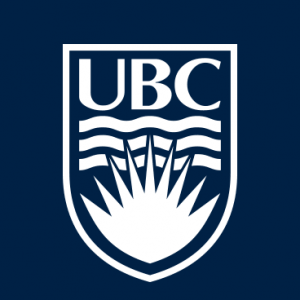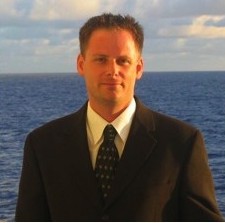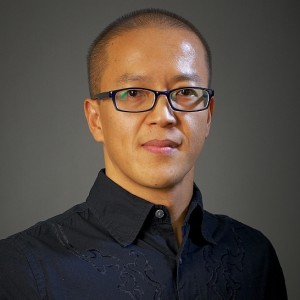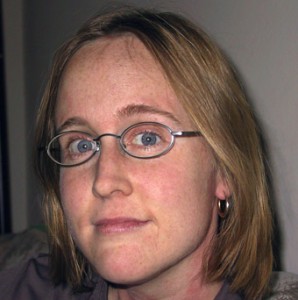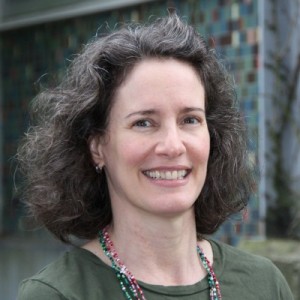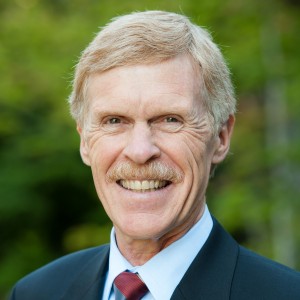P. Taylor Webb
Policy; Governmentality; Raciologies; Fieldwork in philosophy.
Dr. Webb’s work examines and critiques how education rationalizes and produces ‘governable subjects’ within liberal and neo-liberal normative architectures. To do this, he examines the intentions (or desires) and enactments in policy and treat these as material productions rather than as only representations of discourse and/or ‘ideology’. Here, the locus of his work is interested in micropolitics and various subjectivizations that are produced during policy events.
Darren Warburton
Medicine; Exercise; Cardiology; Clinical physiology; High performance sport; Disability; Aboriginal health.
His research spans the spectrum of Aboriginal health, elite athletic performance, childhood health, quality of life in the elderly, and the treatment of patients with chronic disease and/or disability. Dr. Warburton has received several prestigious honours including the CIHR New Investigator Award, the MSFHR Clinical Scholar award, the Killam Scholarship, and the CIHR/CMAJ Top Achievement in Health Research Award. He has published more than 185 peer-reviewed articles and more than $20 million in funding.
Fei Wang
Educational leadership and administration; Social justice; Equity and diversity; Educational policy; Comparative education; Organization studies.
His research focuses on educational leadership and administration, social justice, educational policy, and organizational studies. Dr Wang’s research looks at the nature of school principals’ work, social in/justice in schools, principals’ leadership and administration, and equity and accountability policies.
Pierre Walter
Adult education; International and comparative education; Environmental education; Ecotourism; Informal learning; Adult literacy; Gender and development; Southeast Asian studies.
Dr. Walter’s latest research focuses on the informal learning of adults, the educational “currriculum,” and issues of gender and development in community-based ecotourism initiatives in Southeast Asia. Other research looks at environmental education in North America and the ways in which adults learn in environmental protest, the food movement, and community gardens.
Jude Walker
Adult literacy policy; Higher education reform; Student transitions; Scholarship of teaching and learning in health professions education; Comparative and international education.
Dr. Walker’s research focuses on the macro and micro aspects of adult and higher education, and seeks to identify the drivers and outcomes of educational policy, the responses and resistances to educational reform, and the factors that contribute to student learning and engagement.
Jennifer Vadeboncoeur
Youth “at risk”; Alternative schools; Flexible contexts for learning; parent involvement; Holistic education; Social class; Cultural psychology; Culture and context.
Dr. Vadeboncoeur’s research addresses youth engagement and participation in afterschool and community contexts. Young people, regardless of complicated educational histories, continue to seek out new learning experiences across a number of contexts. Her research advances our understanding of the significance of youth-adult relationships in the building of flexible contexts for learning and development, as well as the role of educators, parents, and culture in mediating youth participation.
Robert Tierney
Literacy; Global developments; Research; Evaluation; Societies and cultures.
Dr. Tierney’s scholarship has focused upon literacy education, teacher education, cross-national education, educational assessment and equity. His engagements include issues related to the nature of meaning-making especially tied to literacy research and development and extended to technology and media. His recent projects have ranged from teacher development and assessment projects in China schools to addressing matters of equity and indigenous developments in Australia to studies of scholarly tradition.
Steven Talmy
English as a second language; English language learners; Qualitative methodology; Linguistic ethnography; Classroom talk; Critical discourse research; Social interaction; Language socialization.
Dr. Talmy’s research investigates language and its constitutive relationships to power, identity, cultural production, and cultural/social reproduction in public school ESL/ELL classrooms. Specifically, he examines both constructions and consequences of the “stigma” (or undesirability) of ESL for public school English language learners. He is also interested in qualitative research in applied linguistics, primarily the interactional basis of research methods.
Michelle Stack
Educational policy; Educational leadership; Media education; University rankings.
Dr. Stack’s research focuses on educational policy, media education, media and university rankings, and how journalists and academics interact. She is committed to communicating research through peer review and engagement with media and stand up comedy. Her works aims to expand educational policy alternatives and media coverage of education to include issues of social justice and equity. Prior to coming to UBC in 2003 she worked for the BC Children’s Commission.
Robert Sparks
Mass communication; Consumer culture; Public health; Tobacco and alcohol control.
Dr. Sparks’ research interests encompass the processes of social communication in advertising and the mass media, theories and methods in audience research and reception analysis, and the political economy of tobacco and alcohol control.
